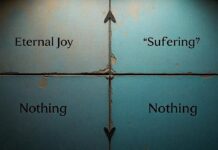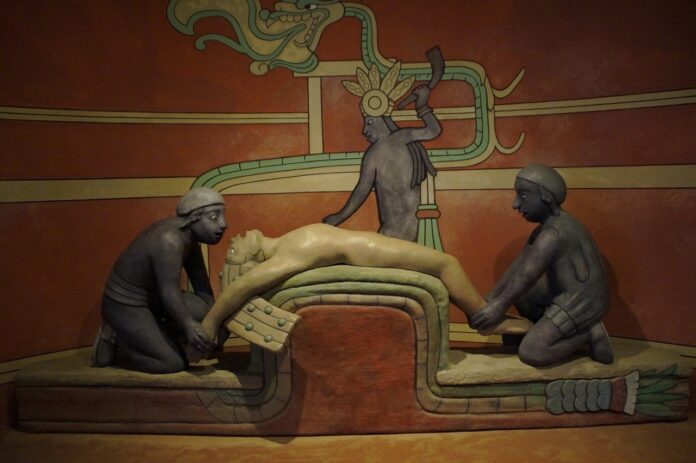
Have you ever wondered who were the first people on Earth? How did that even work at the beginning? And of course – do we perhaps know who was the first human or first person who died on Earth?
These are all hypothetical questions as they can not be fully answered. At least not with any scientific methods.
Per evolution theory and based on different archeological findings we have some clues when did first humans (homo sapiens) started walking on our planet. As per those clues (and remember those are for now only clues) the first modern humans, evolved from their early hominid predecessors between 200,000 and 300,000 years ago.
Recommendation: If you really like to know all about our origins we would highly recommend following book: 'Who We Are and How We Got Here: Ancient DNA and the New Science of the Human Past.'
Now, with every new findings, and with every new bone that we’ll find in the future, so will the history change.
Perhaps in 1000 years we will have completely different view of the world and our evolution. And perhaps by then, we as a humanity will completely change what we think we know about our predecessors.
Having said that, it would be interesting to explore this thought experiment trying to find leads to first person that died on Earth.
Those leads and clues are leading us (pun intended) to different religions, because many religions have their own stories about first humans on Earth.
Related:
So let’s first examine this (religious) part and then see if we can back it up by science in any way possible.
Religious Perspectives
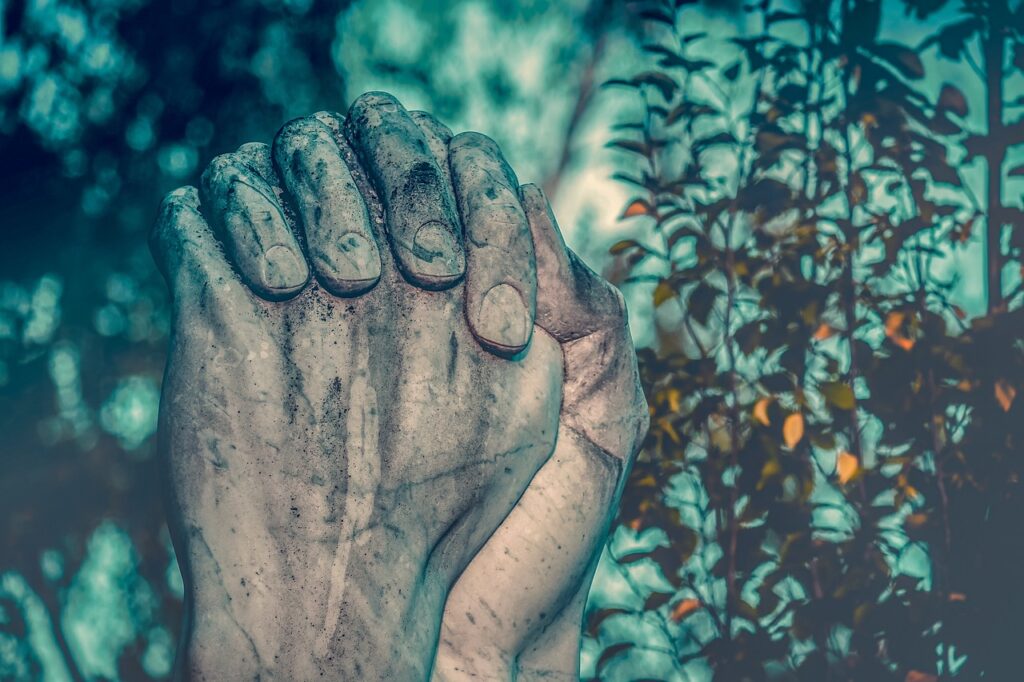
Christianity
Within Christianity, the narrative unfolds with Adam and Eve, the first humans created by God. According to the Bible, the first death occurred when their son Cain murdered his brother Abel.
In this context, the identity of the first person to die is Abel. The Bible’s account of this tragic event shapes Christian beliefs about the origin of death and original sin.
The Christian perspective also emphasizes the profound theological implications of the first human death. It is not merely an event in history but a foundational concept in Christian theology, highlighting the notion of original sin and humanity’s need for redemption.
So, if you’re part of Christian religion and if you literally believe everything that was stated in the Bible then you have your answer.
Christianity is largest religion in the world with roughly 2.4 billion followers. Out of those 2.4 billion, certainly half of the people don’t believe everything what was written in the Bible and other religious scriptures of that time.
Nonetheless, let’s say that 30% of people really believe – then the answer for them is known for centuries – Abel is the first person or first homo sapiens who died on Earth.
Ok, so with that let’s see what other religion have to say about the matter of first human dying on Earth.
Judaism
Jewish tradition aligns closely with the Christian (and Islamic) narratives, identifying Abel as the first person to die when he was murdered by his brother Cain.
The views of Abel in Judaism and Christianity are similar in many respects, as they share a common scriptural account, but there are also some differences in the emphasis and interpretation of his character.
In both Judaism and Christianity, Abel is traditionally seen as the second son of Adam and Eve, who offered a sacrifice to God that was accepted, in contrast to his brother Cain’s offering, which was rejected. Abel’s sacrifice is seen as an act of righteousness and obedience to God, while Cain’s jealousy and subsequent murder of Abel mark him as the first murderer in human history.
However, there are some significant differences in how Abel is viewed in these two faiths.
In Judaism, Abel is often regarded as a righteous figure and a symbol of innocent suffering. His murder is seen as an early example of injustice and cruelty, reflecting the imperfections and moral challenges of human existence.
While Abel’s story is mentioned in the Hebrew Bible (Old Testament), it is not as central to Jewish theology as it is in Christianity.
Jewish interpretations of Abel tend to focus more on the broader themes of morality and responsibility rather than on Abel as one of central religious figures.
Nonetheless, both (true and literal) believers in those faits have their answers – Abel is the first person to die on Earth and Cain is the first murderer.
…that leads us to Islam.
Islam
Islamic tradition is in this aspect very similar to the Judeo-Christian story which revolves around the sons of Adam. According to the Quran, when Adam and Eve’s two sons, Qabil (Cain) and Habil (Abel), offered sacrifices to God (Allah), God accepted Abel’s offering but rejected Cain’s.
In a fit of jealousy and rage, Cain killed Abel, becoming the first murderer.
Hinduism
In Hinduism, the concept of the first person to die is completely different and complex, reflecting the belief in the eternal cycle of reincarnation.
Death is perceived as a transition from one life to the next, with no specific “first” death. Hindus believe that life and death are part of an ongoing cycle, and the focus is on breaking free from this cycle through spiritual enlightenment and liberation (moksha).
So basically, in Hinduism we don’t witness the “first death”, thus we cannot find the answer to our hypothetical question here.
Let’s see if we can find an answer (to our weird question) in Buddhism.
Buddhism
Similarly, to Hinduism, Buddhism teaches the concept of samsara, the cycle of birth and death. Buddhism does not identify a specific “first” person to die but emphasizes the impermanence of life and the importance of attaining Nirvana, a state of liberation from suffering.
The absence of a single “first death” aligns with Buddhist principles that focus on the continuous cycle of existence and the impermanence of all things.
So, Buddhism is also leaving us without the answer to our hypothetical question: “Who was really the first person to die on Earth?”
Let’s see what does science says about it.
Scientific Perspectives
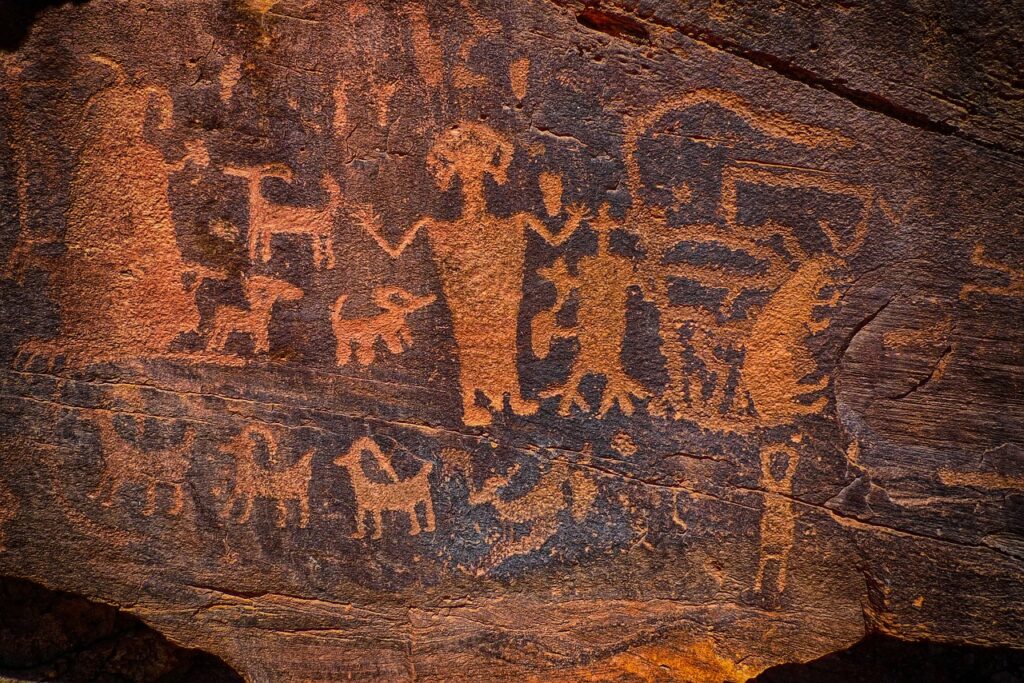
The Earliest Burials & The Insights from Archaeology
Scientific research into early burials and archaeological discoveries provides a window into the past, shedding light on the first recorded instances of human death rituals but it does not have a definite answer.
And this is completely logical because we don’t have any writings or any evidence of first human deaths hundreds of thousand years ago.
The earliest known burial sites date back tens of thousands of years, and they offer some glimpse into the ways our ancestors honored their deceased.
But those are not (and are not meant to be) even close answers to the hypothetical questions revolving around first human to die on this planet.
Basically, in science, we can not really find those answers, and this is because of evolution.
Evolutionary Perspective
From an evolutionary viewpoint, pinpointing a single “first” person to die is impossible.
Evolution is a gradual process, and Homo sapiens evolved from earlier hominids (great apes) over a long period. Identifying a specific individual as the “first” Homo sapiens is an indescribable task, and thus, determining the first death becomes mission impossible.
So, we’re without an answer in science.
Can we then find some clues in different mythical stories?
Let’s see.
Mystical Stories & First Death
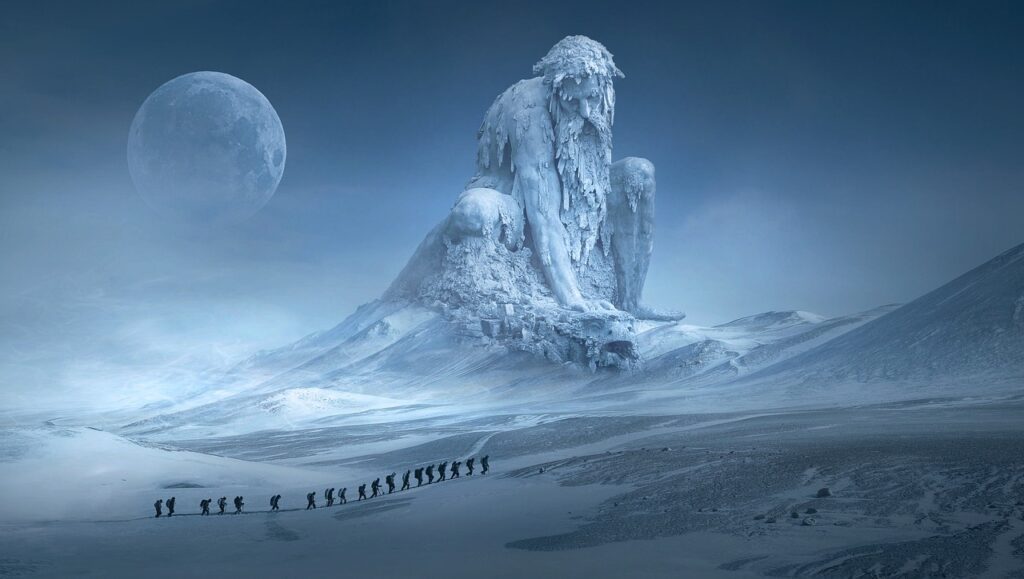
Mystical traditions and folklore across cultures have answers, of course.
That is – we have numerous stories and fables revolving around the topic of first death, first murder or first sin.
In one Native American legend, the first death is attributed to a cosmic game played by the gods. In this tale, the first person to die was chosen unpredictably by higher powers
Some mystical traditions propose that the first person to die did not truly experience mortality but instead underwent a transformation, ascending to immortality or a higher realm. These stories suggest that death, as commonly understood, may not have been the fate of the first human, adding an aura of mystery and mysticism to the notion of the initial death.
Of course, those ae only legends and mystical stories, and we can not find real answers there.
In Summary – Who Was The First Person To Die On Earth?
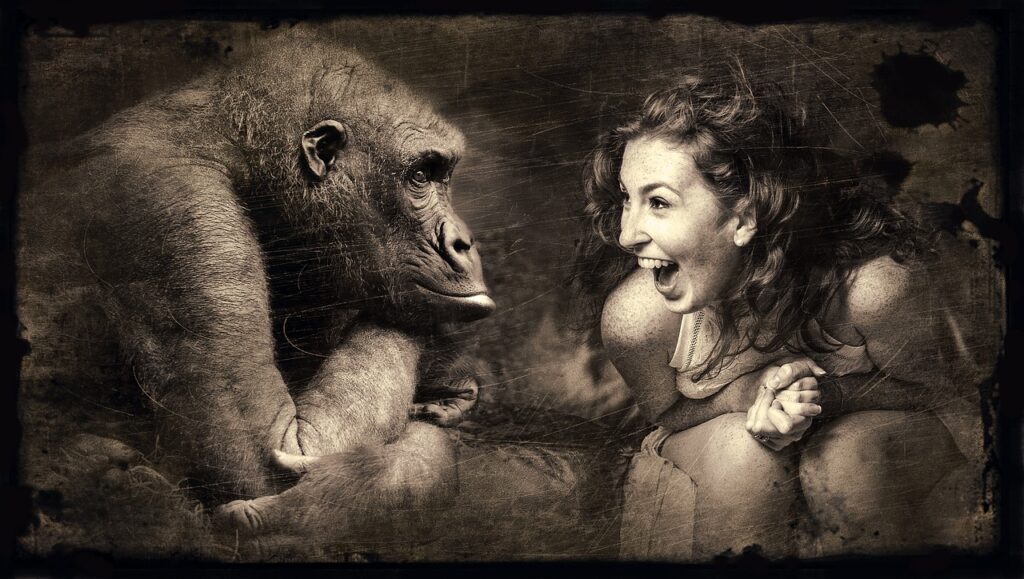
The question of who was the first person on Earth to die continues to intrigue us, but we will never have a definitive answer to that question.
Some, who literally believe in different religious scriptures already have their answers.
Other people believe that science will provide answers. And with current knowledge science can not provide answer to that question.
And this is because of the evolution theory. As per evolution, the idea of “first human” does not exist, thus evolution, nor science can provide an answer.
So, as we expected – the first human death remains an enigma, an unanswered question and one of the questions that will never be answered.
However, who knows, perhaps in distant future we’ll know all the answers to all the questions.
But that also remains enigma.
As it should be…
Note: If you’re interested in similar articles, you can check:
Related: The Top 10 Oldest People Ever
Related: What If Religion Never Existed?
Related: What If Humans Were Immortal?
Related: When Did Humans First Start Lying?
Related: What If Humans Were Cold-Blooded?

























